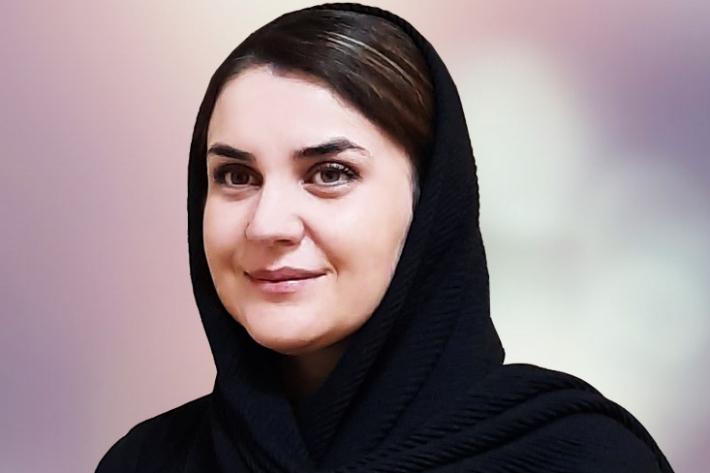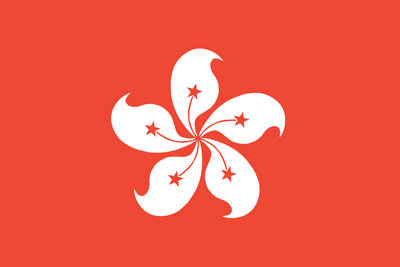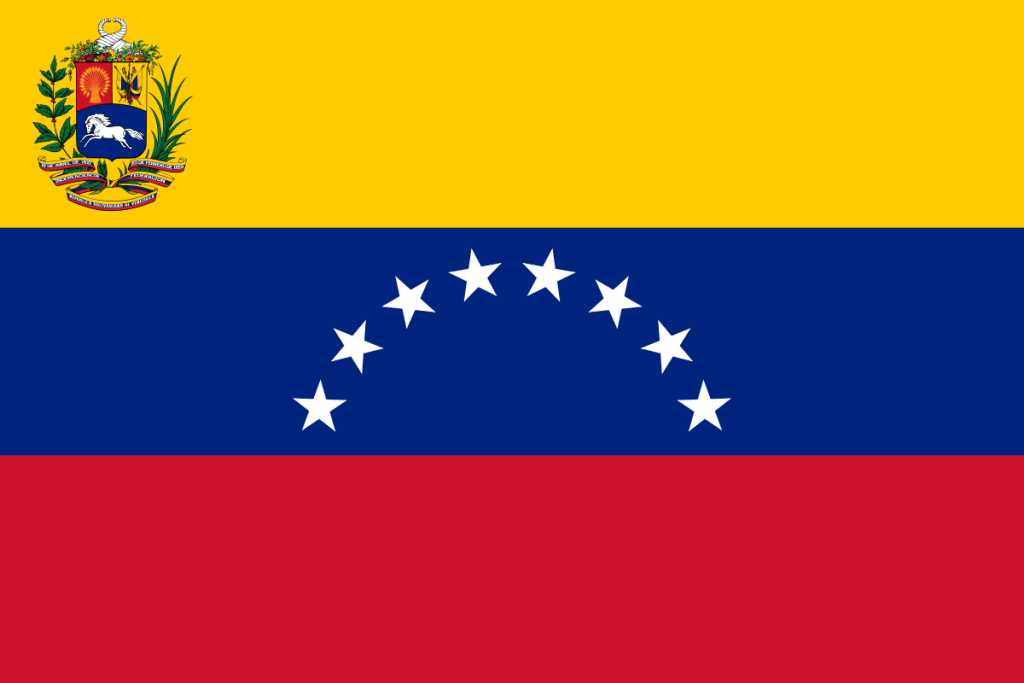
COVID-19 Impact
What are the main services that FHA Iran provides?
FHA Iran has an active role in society, providing a wide range of different sexual and reproductive healthcare (SRH) services such as contraception, safe abortion, HIV/AIDS and STI treatment, gynaecology and obstetrics services. We also provide nutritional services, prenatal and postnatal care, different types of counseling and some paediatric services, such as vaccination, through our service delivery points.
In addition to this this we provide some educational services and use social media to share positive and informative messages on sexual and reproductive health and rights (SRHR). To strengthen our services and messaging we collaborate with other NGOs and networks in Iran to work on some of the negative impacts of this situation on families, like gender-based violence (GBV) and domestic violence.
Broadly speaking, how are those services provided?
Normally we have six static and integrated clinics, and one mobile clinic. Since the outbreak we have been able to provide SRHR services via three static clinics, and one outreach team.
What challenges do you face in Iran when it comes to SRHR generally?
There are many restrictions around providing SRHR services (especially providing contraceptives to people) due to the government’s strategy on Iran’s decreasing population. We are only allowed to provide contraceptives for vulnerable groups such as refugees, sex workers, substance users, and people living with HIV.
In addition to that, Iran is an Islamic country and based on the religious beliefs we can’t speak about all of the components of comprehensive sex education (CSE) in schools, and working with Ministry of Education is a very long and sometimes difficult process.
Despite all of the challenges, we provide contraceptives to vulnerable groups and also provide life skills training for young people. On the other hand, due to US sanctions against Iran we have problems in receiving our funding and it has affected us even for payment to staff and buying equipment.
How has FHA Iran been impacted by the coronavirus?
Unfortunately, the wide outbreak of COVID-19 in Iran has affected our performance. All the educational and training workshop, as well as seminars have been cancelled and the number of clients who come to our centers has sharply decreased. Two of our centers are closed and four of them are providing services to the clients through the outreach team. Currently, we mostly provide services which are related to prevention of coronavirus. One of our centers, in collaboration with the Ministry of Health, provides online screening of COVID-19 through hotlines and a website.
Can you describe what it has been like to be in Iran with so many people affected by COVID-19?
The outbreak of the COVID-19 coincided with New Year in Iran and also with our annual holidays, which was so sad. Usually during this time of year, the Iranian people hold many celebrations that are always rich with culture and customs but this year they had to stay at home.
COVID-19 has affected people’s morale and spirits here. People here are faced with a new and deadly disease and some have lost family members and couldn’t have a funeral ceremony for their loved ones. It has hugely affected their lives. FHA Iran is running campaigns for the public on how to improve their mental health and also giving the right information to try and reduce burden of this epidemic on them. We also provided and distributed COVID-19 preventive care packages among vulnerable and poor people.
What services are you still able to provide?
We are still able to provide the below services during this time:
- Creating and distributing online positive messages
- Running the ‘Stay at Home’ campaign
- Distributing preventive kits for COVID-19 between clients which has been received from our local donors and Patron of the FHA Iran
- Providing SRHR counseling services for clients through the telephone
- Distributing harm reduction items such as condoms and emergency contraceptives and food between vulnerable groups through the outreach team
- Participating in a campaign that was signing a petition requesting the Director-General of the United Nations (UN) to lift the sanctions against Iran in this crisis situation
- Receiving the membership of the KOMAK national network, which consists of all the NGOs in Iran which are working towards controlling the COVID-19 outbreak
- Providing midwifery services for vulnerable groups
- Participating in the country screening of COVID-19 through hotlines and an online system
- Participating in the campaign of International Day of Sport for Development and Peace, which was launched by the UN with the aim of staying at home, with collaboration of Brailltonik Association in Iran
Have you had to adapt the way FHA Iran delivers services?
To reduce the number of visits to our clinics, we made some changes in the way we deliver services. We provide counseling services through online systems, and also creating different groups for clients to provide online educational training about COVID-19 for them, as well as some components of life skills and GBV.
For the vulnerable groups we distribute contraceptives, COVID-19 preventive packages, and food through the outreach team instead of static clinics.
What impact is coronavirus having when it comes to SRHR services?
It would seem during crisis settings, SRHR becomes less of a priority for people. They are more concerned with remaining safe and free from the virus.
Which services have been the worst hit?
The services which requires the physical presence such as midwifery services, obstetrics and some educational services.
What concerns do you have about the impact on women and girls?
As people are now forced to spend longer periods of time at home, the possibility of women and girls experiencing domestic violence has increased. Also, women have more responsibility to take care of their family and if a member of the family is infected, women are more at risk of catching it.
What impact are you already seeing?
At the moment, the number of clients who require counseling for domestic violence has increased dramatically. And of course, the main impact is in the reduced services offered and client uptake.
Are frontline staff still able to go into the community? If so, what are they doing?
Yes they are able to – while practicing the personal protection rules, they can enter into the community to provide the services. FHA Iran, despite of all its financial challenges, has provided personal protection equipment for all the staff – especially frontline staff.
What message do you have for people and your staff in Iran when it comes to SRHR and coronavirus/COVID-19?
Since FHA Iran is an active NGO in the country and provide essential services at crisis time like that which we have at this moment, we should be more active and try to protect our clients from the COVID-19. Our staff at the beginning of this issue suggested to us that they really wanted to continue to help, and asked for us not close all the centers and to continue provide some services for vulnerable groups. For their safety, we have provided all required equipment for them, so they can continue to work. They are working like heroes and I am really proud of them.
Also, I’d like to thank the patron of the FHA Iran who has contributed a lot to providing COVID-19 preventive packages for the staff and clients. And also to the president and executive committee members for their kind cooperation and support for our activities during these difficult times.





